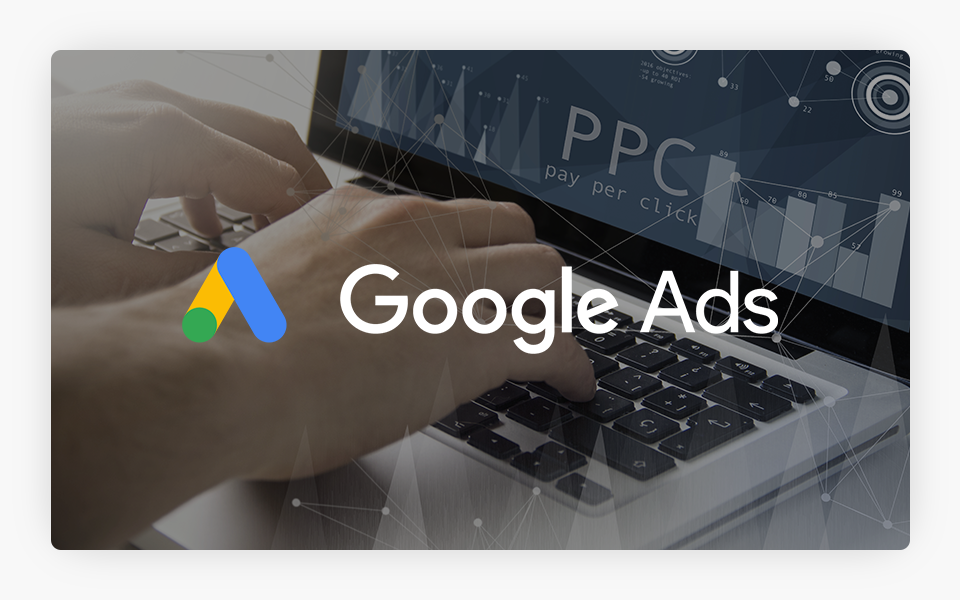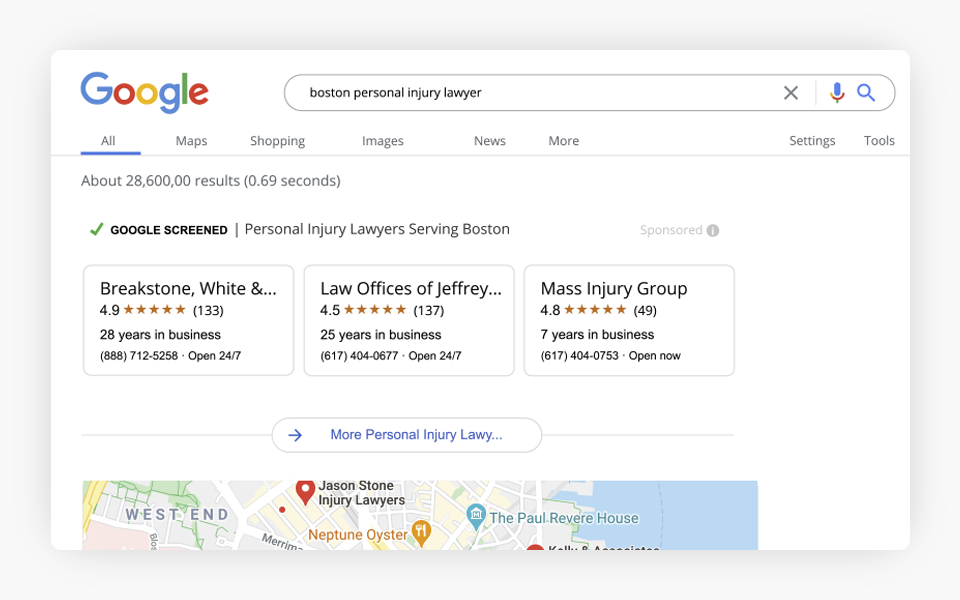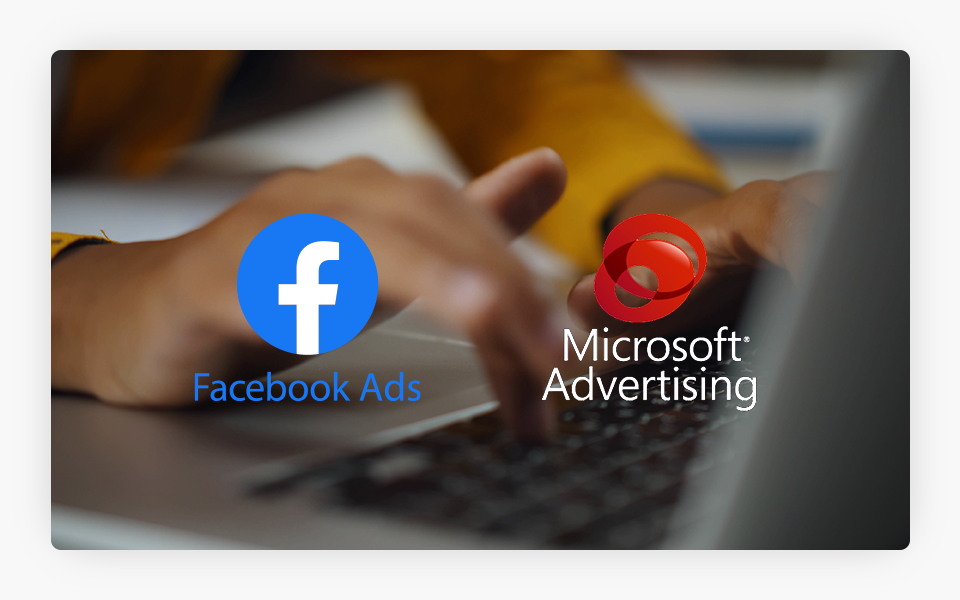We can’t send you updates from Justia Onward without your email.
Unsubscribe at any time.
The year 2020 will most certainly be a year that we will all remember. Society was challenged by something that most of us had never seen in our lifetimes. Through it all, we've overcome adversity and the pandemic has shown businesses the importance of online communications and how invaluable it is to get the right message to the right audience.
This year has been challenging for law firm advertisers, to say the least. Search Engine Marketing (SEM) has turned into the advertising channel of choice for law firms looking to counteract the decline in traditional advertising channels that are normally consumed by those that would be out in public (especially radio and billboards). A large percentage of the population continues to minimize their public interactions, which means that the first place where many people are finding legal services is either on their mobile phone or tablet, or on their computer. The pandemic has highlighted the importance of platforms like Google and their ability to connect a consumer with a lawyer who can help with their legal needs.
A major addition to Google’s paid platforms this year has been the addition of Local Services Ads (LSAs) for professional services. It has been one of the biggest changes to SEM for law firms in recent years. Many law firms have jumped at the opportunity of being early adopters of this platform, allowing them to grow their businesses during these difficult economic times.
We recap these and other big changes that we experienced with pay-per-click/call this year while looking forward to what we expect from SEM in 2021.
The Importance of PPC and Ability to Pivot in Trying Times

COVID-19 has affected us all. Our daily lives and routines changed without any opportunity to plan or prepare. We all knew that digital marketing and e-commerce were surging before COVID, but growth has now accelerated. Because of COVID-19 precautions, people are at home and spending more time online.
According to one survey, 84% of US consumers say that how companies act during the current situation will affect their loyalty moving forward. With this in mind, it is crucial to update advertising messaging with new practices in mind, such as social distancing.
Online advertising, particularly Pay-Per-Click (PPC), allows businesses to communicate these types of operational changes quickly. This flexibility is especially useful for lawyers who no longer can meet with their clients in-person or for those who need to quickly shift their practice to focus on different types of cases. Now more than ever, it is important that your digital marketing messages are still relevant and aligned with a prospective client’s interests and concerns.
Watch this Justia Webinar playlist on YouTube.
Local Services Ads (LSAs) Roll Out Nationwide

UPDATE (April 2022): News & Notes on Google Local Services Ads
In 2020, Local Services Ads (LSAs) were the biggest new opportunity for lawyers on the Google Ads platform.
LSAs, formerly known as Home Services ads, were created initially for various home services, such as appliance repair and house cleaning. This year, Google formally introduced LSAs to professional services, such as lawyers, real estate agents, financial planners, and tax specialists. Law firms nationwide are eligible to be featured in LSAs in the following areas of practice: Bankruptcy, Business Law, Contract Law, Criminal Law, Disability Law, DUI, Estate Planning, Family Law, Immigration, Intellectual Property, Labor Law, Litigation, Malpractice, Personal Injury, Real Estate, Tax, and Traffic.
Unlike traditional Pay-Per-Click (PPC) ads, LSAs are Pay-Per-Lead – meaning that you pay only when you receive a contact via phone call or text message, and you only pay for calls or text messages that are about the services that you provide.
Another distinction between LSAs and PPC is that LSAs are placed at the very top of a SERP (search engine results page). With over 87% of searches performed on Google, LSAs should be an integral part of any law firm’s online marketing. As with any brand new offering, Google can change Local Services Ads at any time, and it is essential to stay on top of changes as they happen.
Changes to Google PPC – New Meaning to “Match Type”

UPDATE (February 2022): Google Ads Will Update Keyword Phrase Matching to Include Broad Match Modifier Behavior
In 2020, advertisers needed to reconsider their keyword targeting strategies. Given the changes that Google made in the months before, certain keyword match types could now permit advertisers’ ads to show for search queries that may not have the same intent as their keywords.
Phrase Match. Previously, “phrase match” keywords would match queries that include the entire phrase, in strict order. For example, if your phrase match keyword is “lawn mowing service,” queries on Google such as “lawn mowing service prices” and “seasonal lawn mowing service rates” would trigger your ad to show. After the update, phrase match keywords would now include search queries that may have the same intent or meaning but are fundamentally different from your chosen keywords. For example, if your phrase match keyword is “lawn mowing service,” queries on Google such as “local lawn cutting services” and “grass cutting service near me” can trigger your ads.
Broad Match Modified. The other keyword match type that had its rules adjusted is known as “broad match modified.” Before the update, this keyword match type did not require keywords to be in a specific order; they just needed to be included within the search query itself. For example, the broad match modified keyword +lawn +mowing +service would trigger ads to show for search queries such as “services to mow my lawn” and “lawn mowing and edging services.” However, after the update, the broad match modified keyword would now trigger ads for an expanded set of related terms, such as queries for “grass cutting and gardening services” and “rates for services that cut your grass.”
Ultimately, the level of control that advertisers had when targeting their audience was lessened as a result of further subjectivity by Google.
User Privacy and Implications for Reporting Data

With a large decline in face-to-face interactions, more transactions and communications are taking place within the digital world. Users’ privacy and their data have become an even larger priority for Google and other Internet giants. This year, we witnessed a further reduction in search query data visibility. In September, Google notified advertisers that the search terms report would “only include terms that were searched by a significant number of users.” While such precautions are reassuring to the end-user, they can have implications for advertisers.
Search query data is accessible through the Search Terms report in Google Ads. The data helps advertisers ensure that the correct audience is receiving their ads. There is no doubt that maintaining and respecting user privacy should be a priority for tech companies like Google. However, one may argue that search query data is not a form of PII (personally identifiable information). The recent increase in restrictions may prove more beneficial to Google than its users.
Other Pay-Per-Click Platforms

Besides Google, there are other platforms on which law firms can rely. Behind Google in terms of total users are Facebook and Microsoft. Both platforms offer pay-per-click ads and appear to be more lenient than Google when it comes to remarketing to potential clients.
Microsoft Ads completely redesigned their user interface this year. The new interface is more user-friendly and in line with Google’s interface. Google Ads users will definitely see some similarities between the two platforms. As with Google, the “Overview” tab displays data for a given time period with many visuals.
Microsoft also launched their “Microsoft Audience Network” this year, which allows advertisers to target users from a remarketing list in addition to LinkedIn profile targeting, which is exclusive to their platform.
A major change to Facebook Ads has been the removal of restrictions on text content on ad images and the subsequent sunsetting of their text overlay tool. This tool allowed advertisers to check if the text added to an image was more than the 20% that Facebook previously allowed.
Facebook has also limited how many ads an advertiser can have per Facebook page. For example, firms spending $100,000 or less in the last 12 months are limited to 250 ads per Facebook page. Most law firms will not get close to this limit. Facebook has announced that they are not enforcing this rule until 2021.
The Year Ahead
Google continued efforts to expand automation with adjustments to its Recommendations, Optimization Score, and Responsive Search Ads this year. We expect a bigger push to automation in the year ahead. Google is encouraging marketers to use automated campaign creation methods, which often lead to a broad application of suggestions when more precision is needed, especially for law firm campaigns. The application of automated suggestions or bids is likely to lead to decreased return on investment because more clicks from broader keywords do not usually turn into satisfactory revenue generation for a firm.
Although automation may seem to make things easier for advertisers, it cannot take into account extraneous events, such as the pandemic – and there is not a way to “tell” Google that they should factor in the pandemic to their automation. It is highly recommended that law firms hire an agency, such as Justia, that understands the nuances of law firm digital marketing and can make adjustments to campaigns to account for these events. This is what makes the human touch so critical – even in 2021.